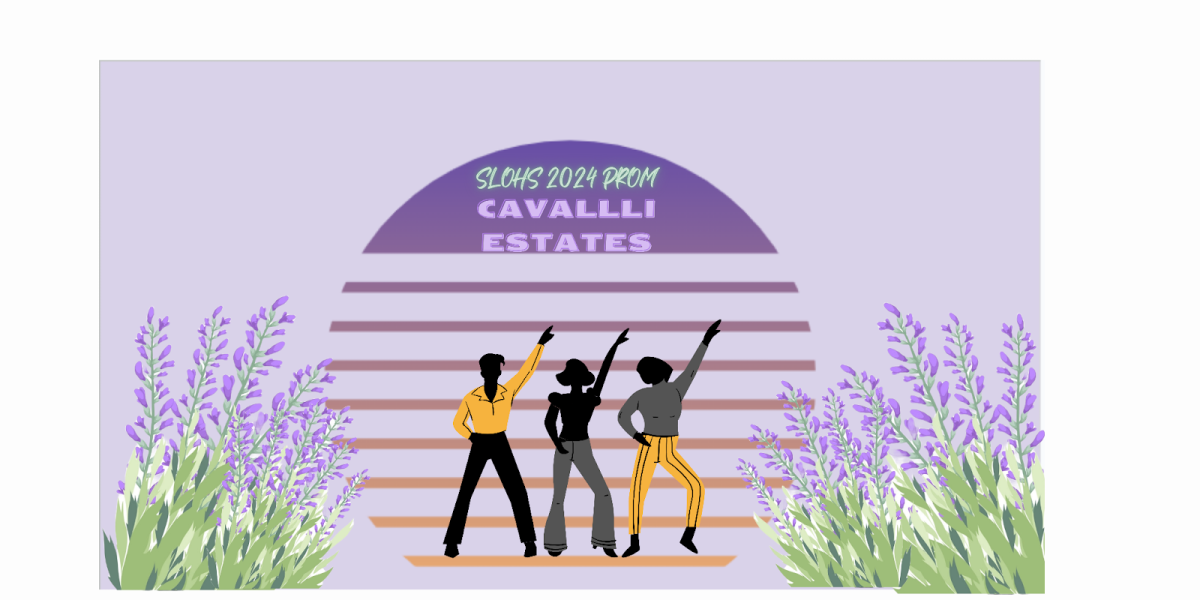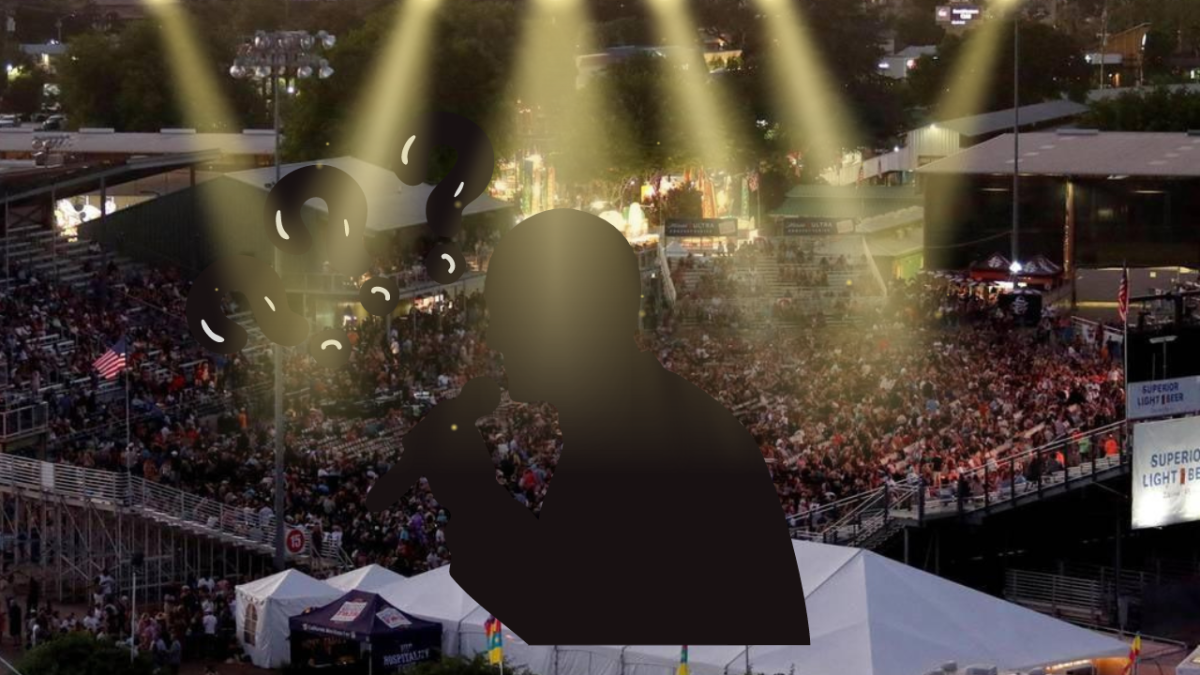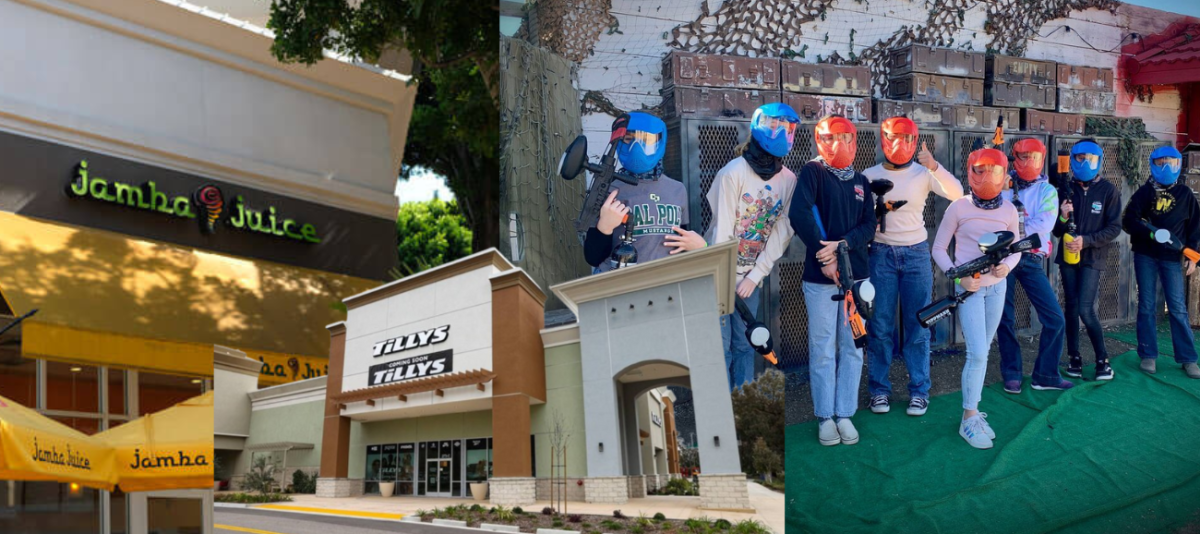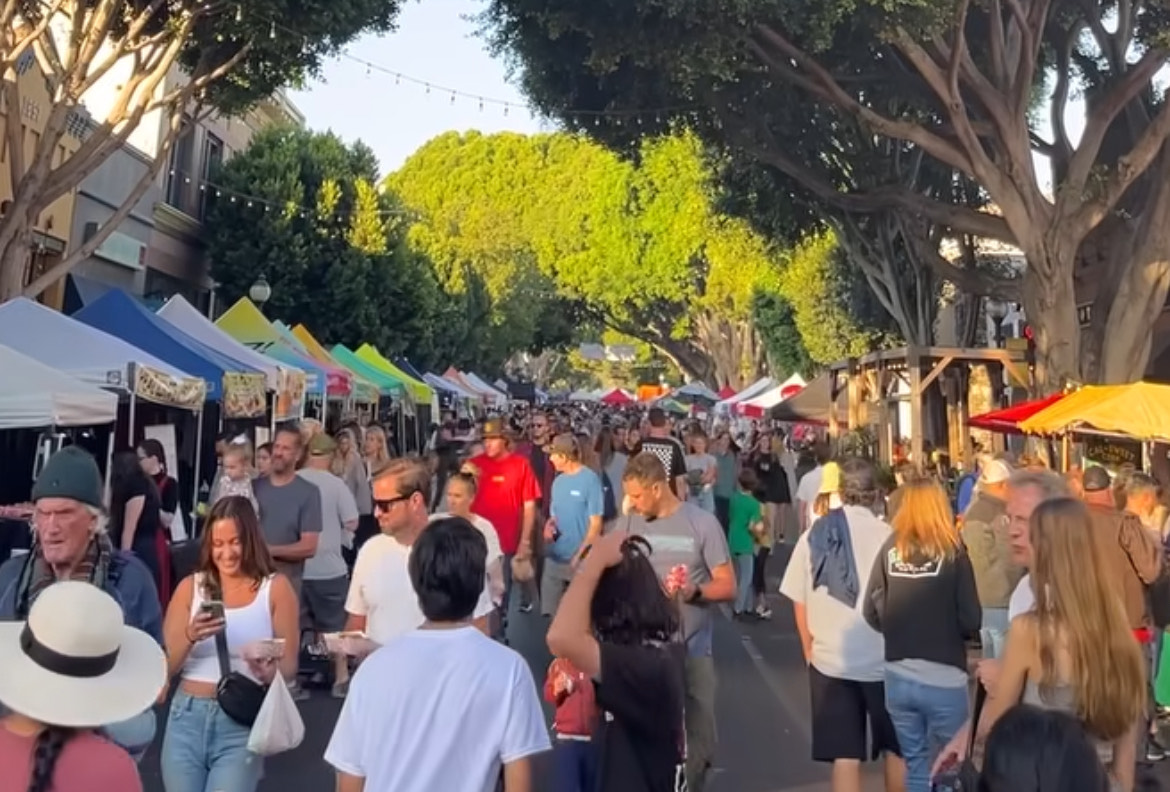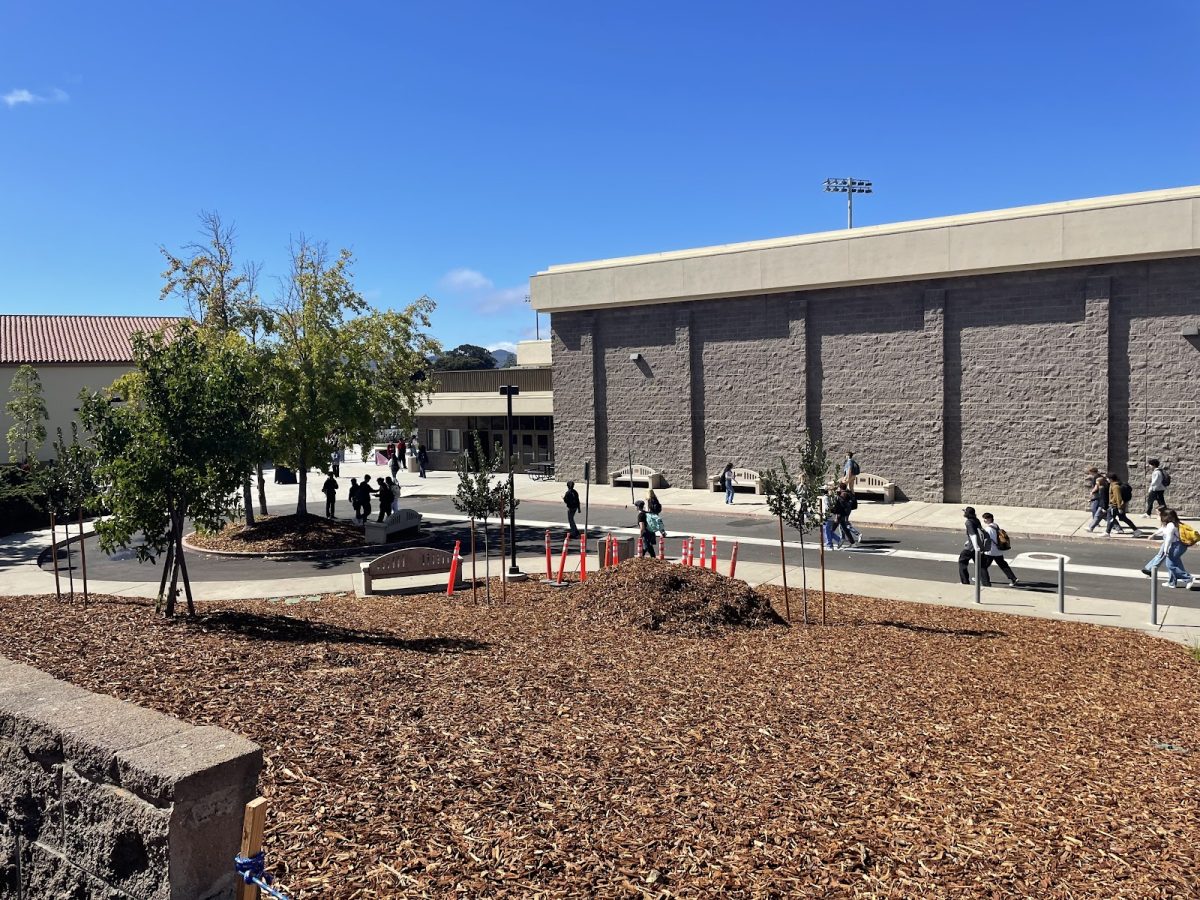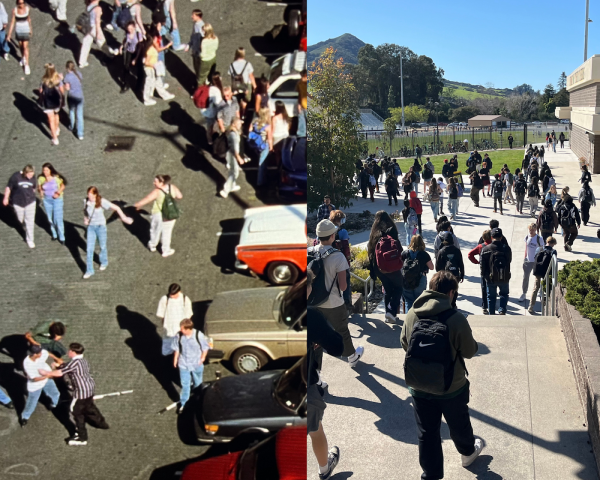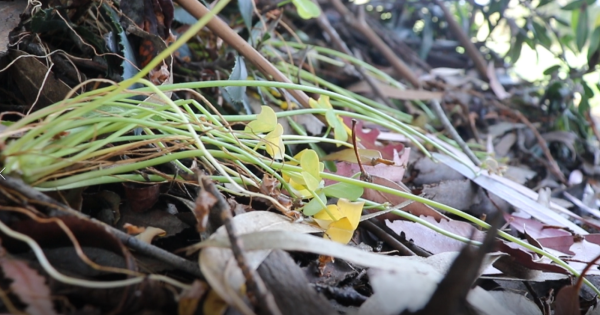Contrary to popular belief, San Luis Obispo High School Social Science teacher Curtis Bartlett is mysterious and elusive. Staff and students interact with Bartlett almost every day and believe that they are familiar with his true self. However, Expressions will delve into the depths of Bartlett’s brain and reveal his most intimate, introspective moments; from the most euphoric to the darkest.
Expressions: What factors compose one’s reality?
Social Science teacher Curtis Bartlett: Experience is the greatest one, a component of brain chemistry, and environment.
Expressions: What happens after physical death?
Bartlett: I believe that we are buried and some are resurrected according to my belief in God. There is a separation of the physical (which goes into the ground) and spiritual part which goes to a place like Hates to wait for resurrection, and that is death. At the end of times there is a resurrection where body and spirit are put back together to form a new body. I don’t know if this is what you’re looking for because this doesn’t sound like newspaper stuff…
Expressions: Do you practice a religion?
Bartlett: I practice Christianity. When I was little I didn’t really know religion, my mother would take us to Catholic church, but I didn’t really know what it was all about. It wasn’t until my daughter was born that I became a believer.
Expressions: What defines good and bad from your perspective?
Bartlett: Good would be doing God’s will and bad would be defying it. We are all born to sin, it’s human nature, we all tend to sin. Theoretically, we shouldn’t want or covet what other people have but it’s just human nature.
Expressions: How do you define the different stages of your life? Are your memories linear?
Bartlett: Experiences promote growth, as you grow you’ll always have problems but they just shift and are different. When I was little my issues where dealing with friends and going to school, now it’s worrying about my daughter. I never had to worry about my daughter before I had a daughter. There is a point in time where you don’t have too many cares, probably post high school or post college and pre- family when you go to work and come home and don’t have a care in the world. But then you progress and grow up to get married and it just leads to more growth.
Expressions: If you lose awareness of your consciousness, or yourself, are you still human by definition?
Bartlett: If you are in a coma you are often aware of things and just can’t respond. I knew this woman who was in a coma and laid on the couch through Thanksgiving and when coming out of it she could recall and describe everyone who was visiting. She was trapped in her own mind.






